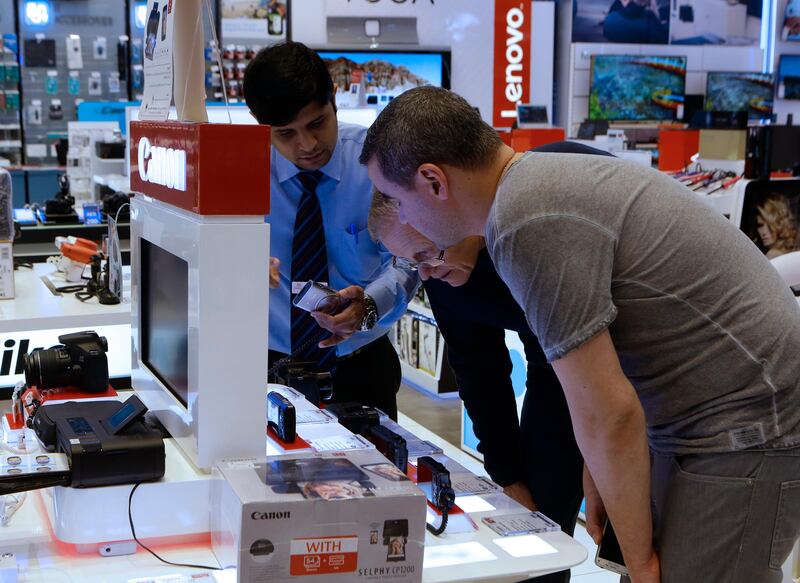The landmark law paving the way for the introduction of VAT from January next year has been approved by the President, Sheikh Khalifa.
The law states that goods and services are subject to value added tax at a standard rate of 5 per cent – and outlines a series of exclusions.
The details of the law as released yesterday, which have been much anticipated, confirm the status of key goods and services, including the following:
- Pre-school and school education and basic and preventative health care will be zero rated, that is, a rate of 0 per cent. That also means businesses can reclaim any tax they pay suppliers, which is not the case when a sector is exempt from VAT.
- Government-owned or government-funded higher education is zero rated.
- Goods and services being exported outside of the GCC are zero rated.
- International air passenger transfers through the UAE will be zero rated, as will international flights from the UAE.
- Gold and other precious metals for investment will be subject to the zero rate.
- Residential property – rented or for sale – is entirely exempt from VAT.
- Local passenger transport services – such as taxis and the metro – are also exempt.
More details will be forthcoming in Executive Regulations that will set out which financial services and healthcare services will be exempt from VAT.
Certain government services will also be exempt as directed by the Cabinet.
_________________
Read more:
[ Everything you need to know about VAT in the UAE ]
UAE's VAT to be added onto shelf prices and not at checkouts
Hundred per cent tax on cigarettes and energy drinks 'first step to healthier nation'
_________________
VAT will be implemented across the GCC by January 1 2019 – but the UAE will bring in the tax on January 1.
It will provide a new revenue stream and support efforts to diversify the Gulf economies away from their dependence on income from oil. The Minister of Economy, Sultan Al Mansoori, estimates that VAT will bring in Dh12 billion next year and Dh20bn in 2019.
Sheikh Hamdan bin Rashid Al Maktoum, the Minister of Finance and chairman of the Federal Tax Authority, said that the law approved yesterday forms the “bedrock of the UAE’s planned tax system, which was designed to meet the most stringent of standards and best practices”.
“The value added tax, which is set to be implemented across all GCC countries over the next two years, will bring a new revenue stream for the national economy and GDP,” he said.
“This, in turn, will ensure consistency in the high quality of government services, to mirror the UAE’s advanced position on several global competitiveness indexes.”
Last week, the UAE published the law on excise taxes relating to tobacco as well as energy and fizzy drinks that lays the groundwork for the introduction new tariffs on October 1.
The UAE plans to introduce excise tariffs at a rate of 100 per cent on tobacco and energy drinks and 50 per cent on sugary drinks.







